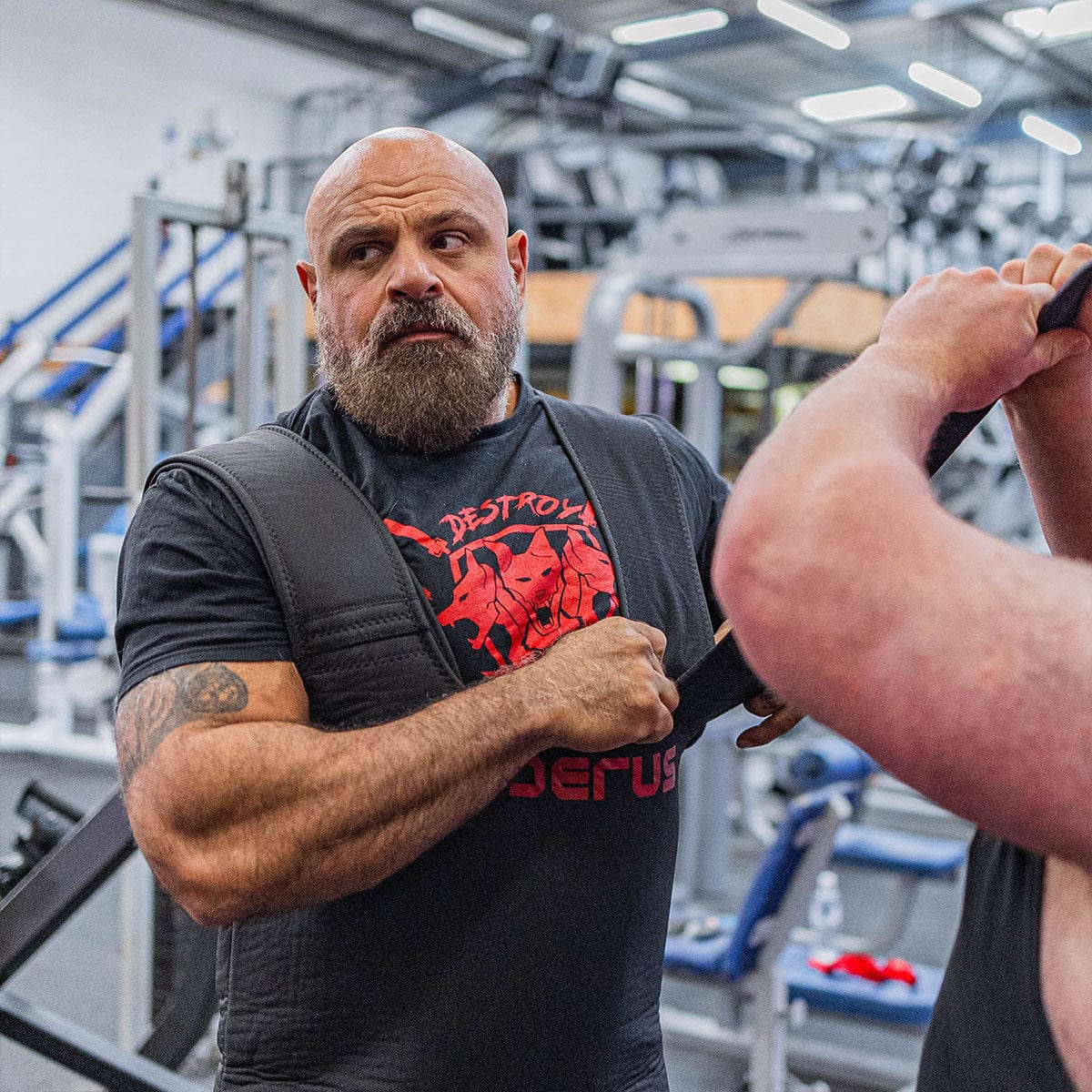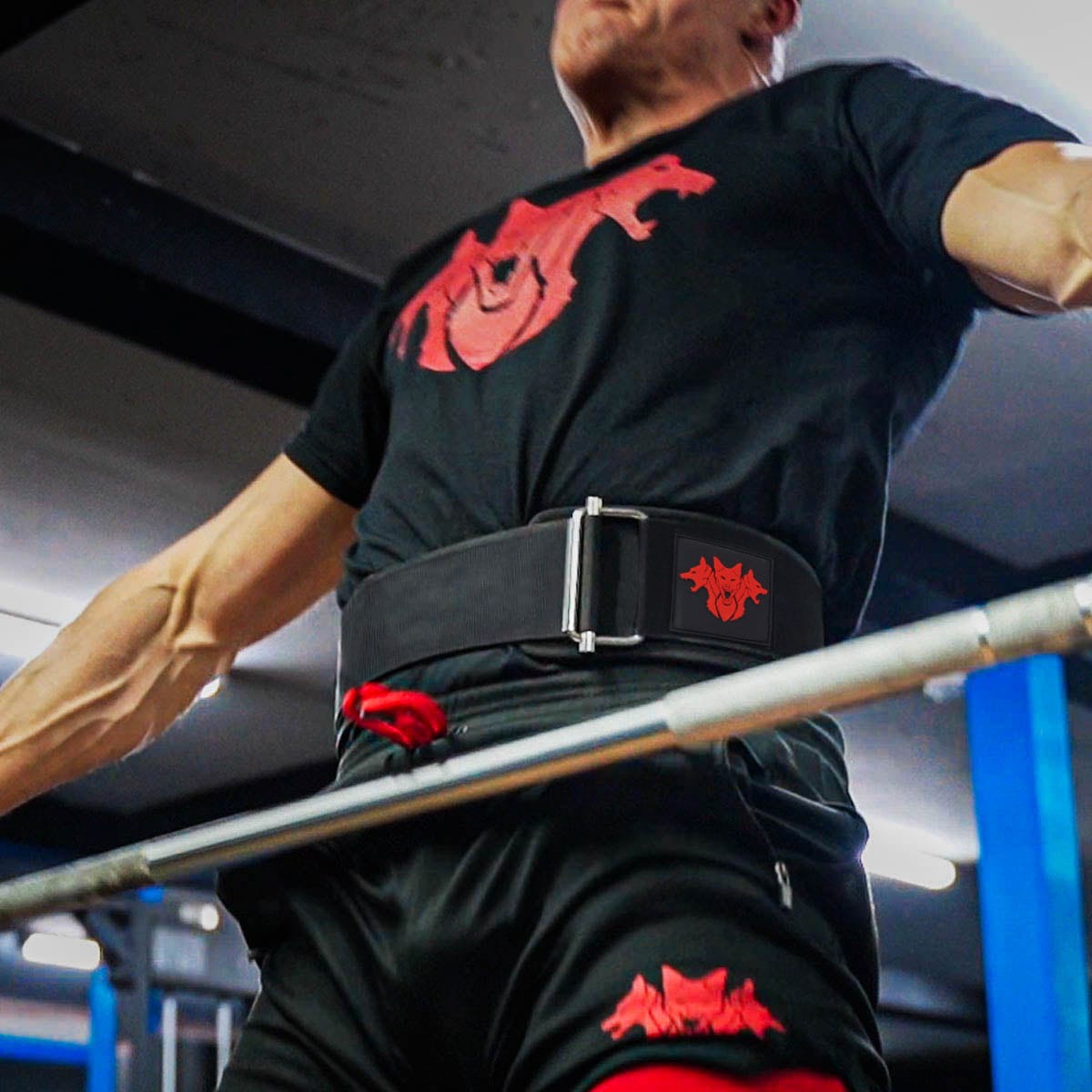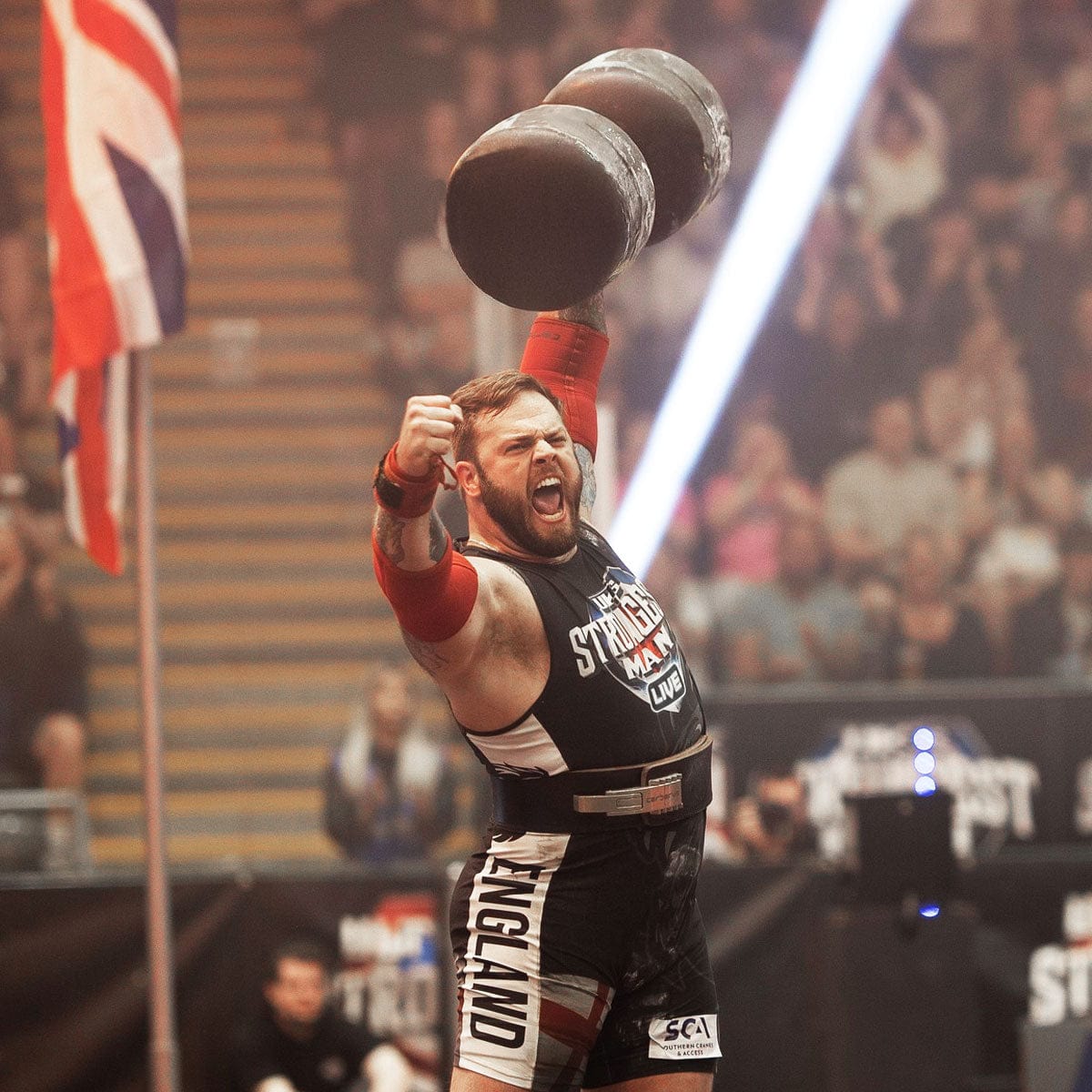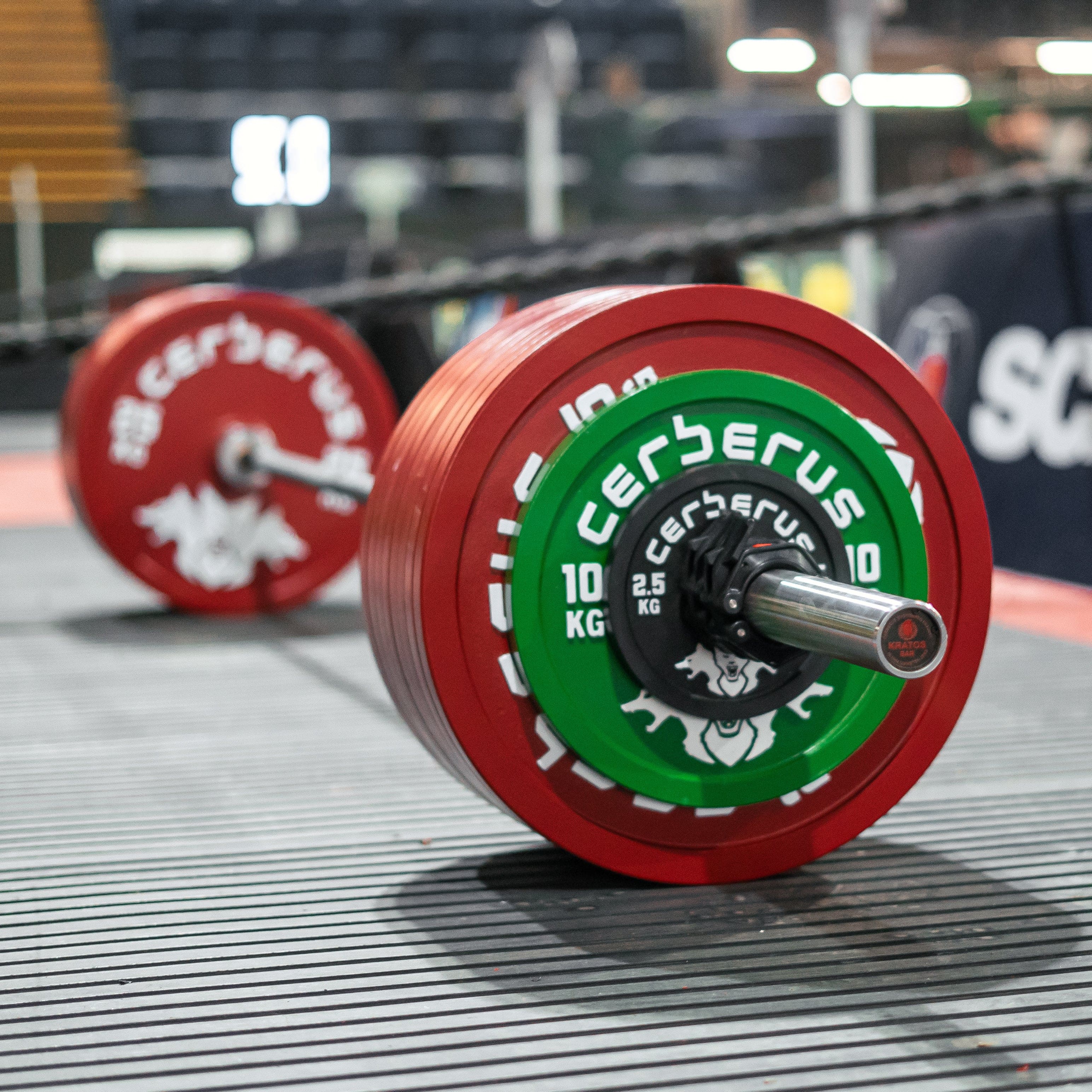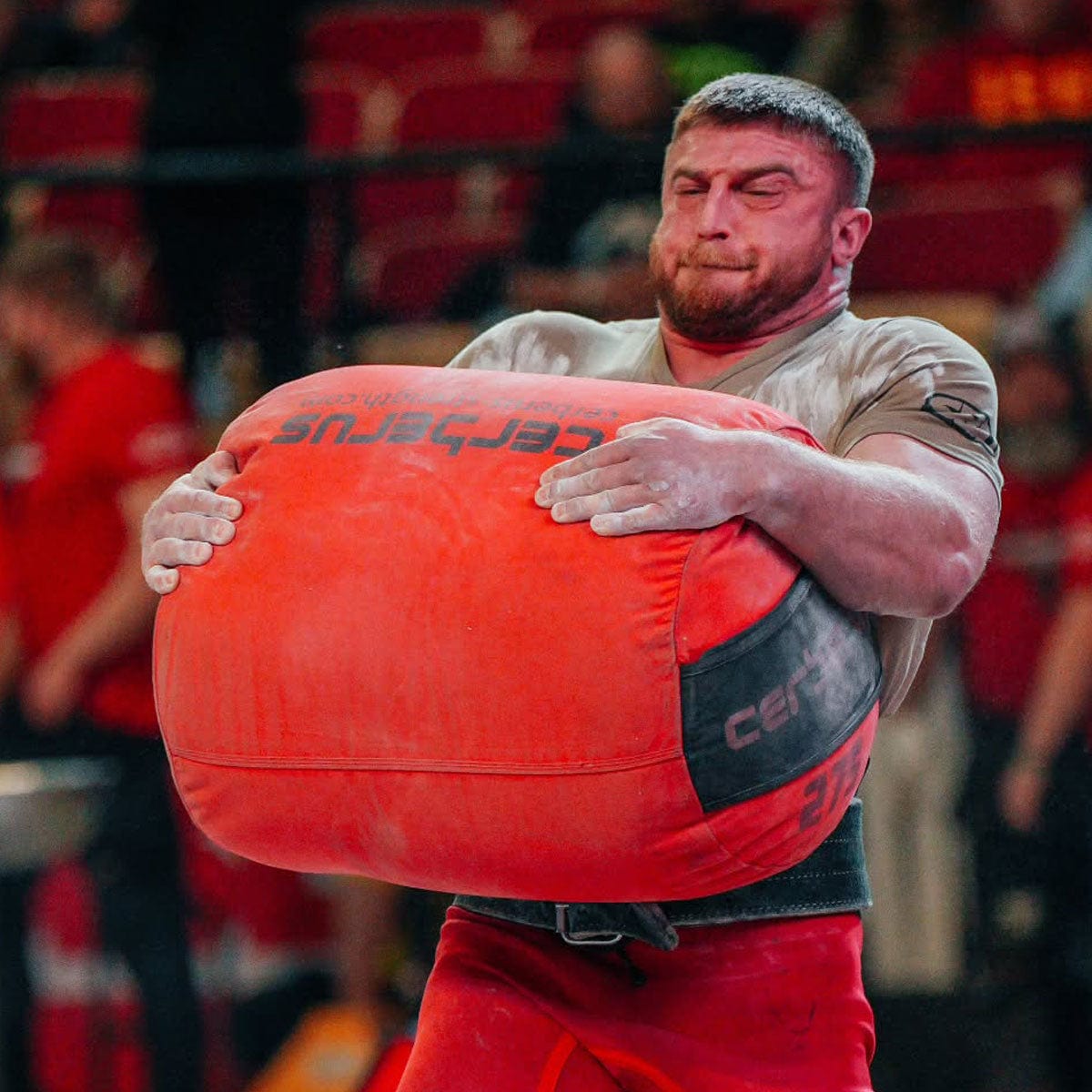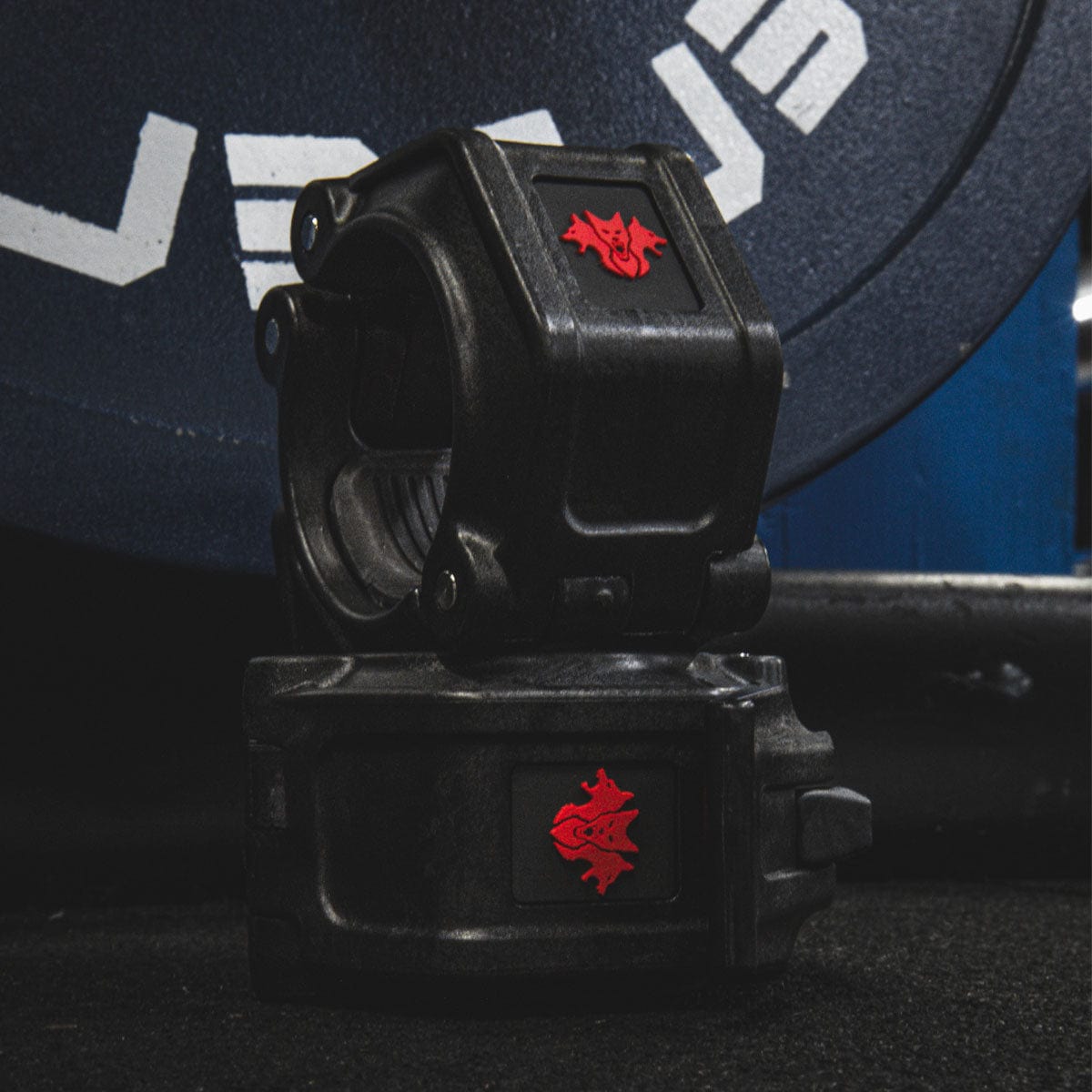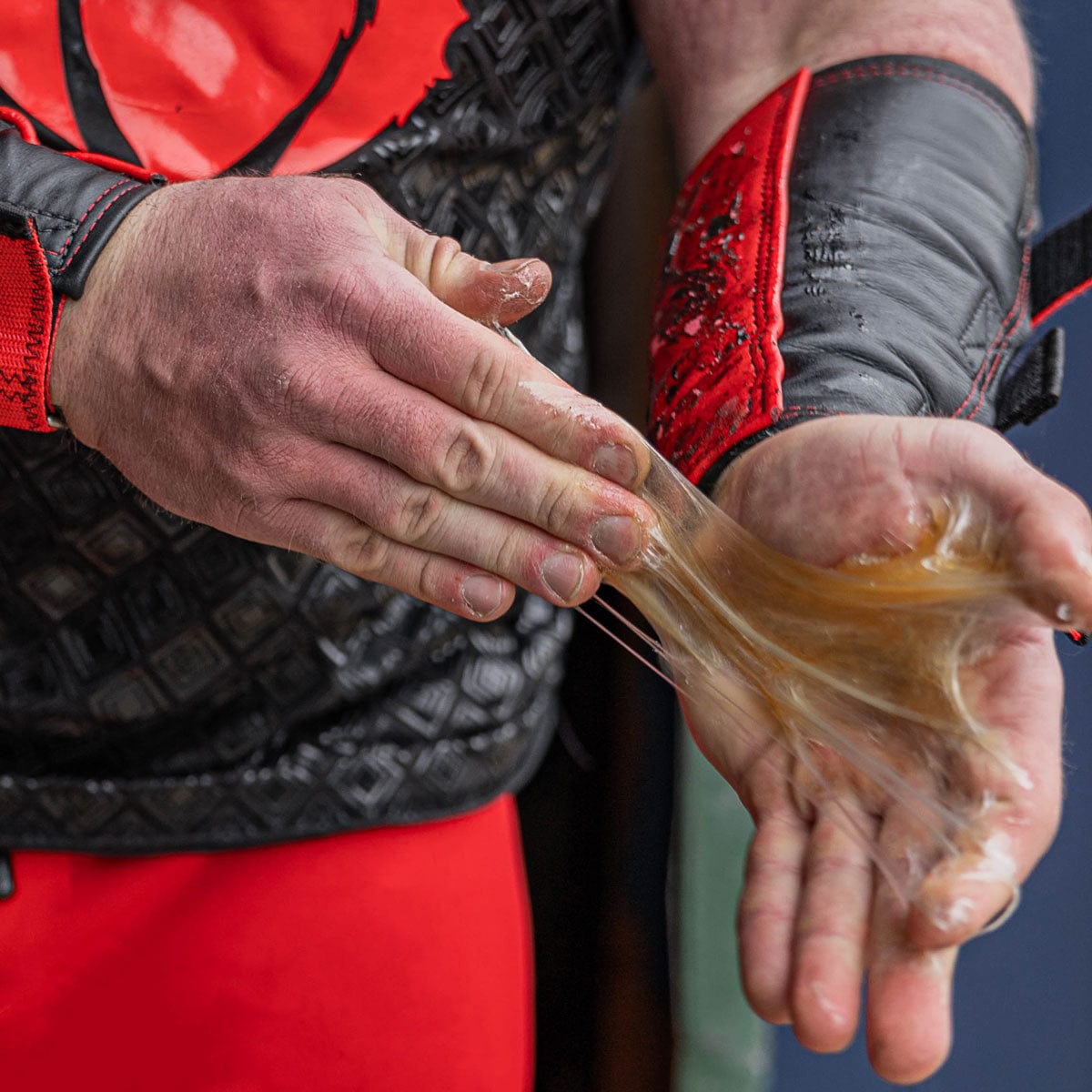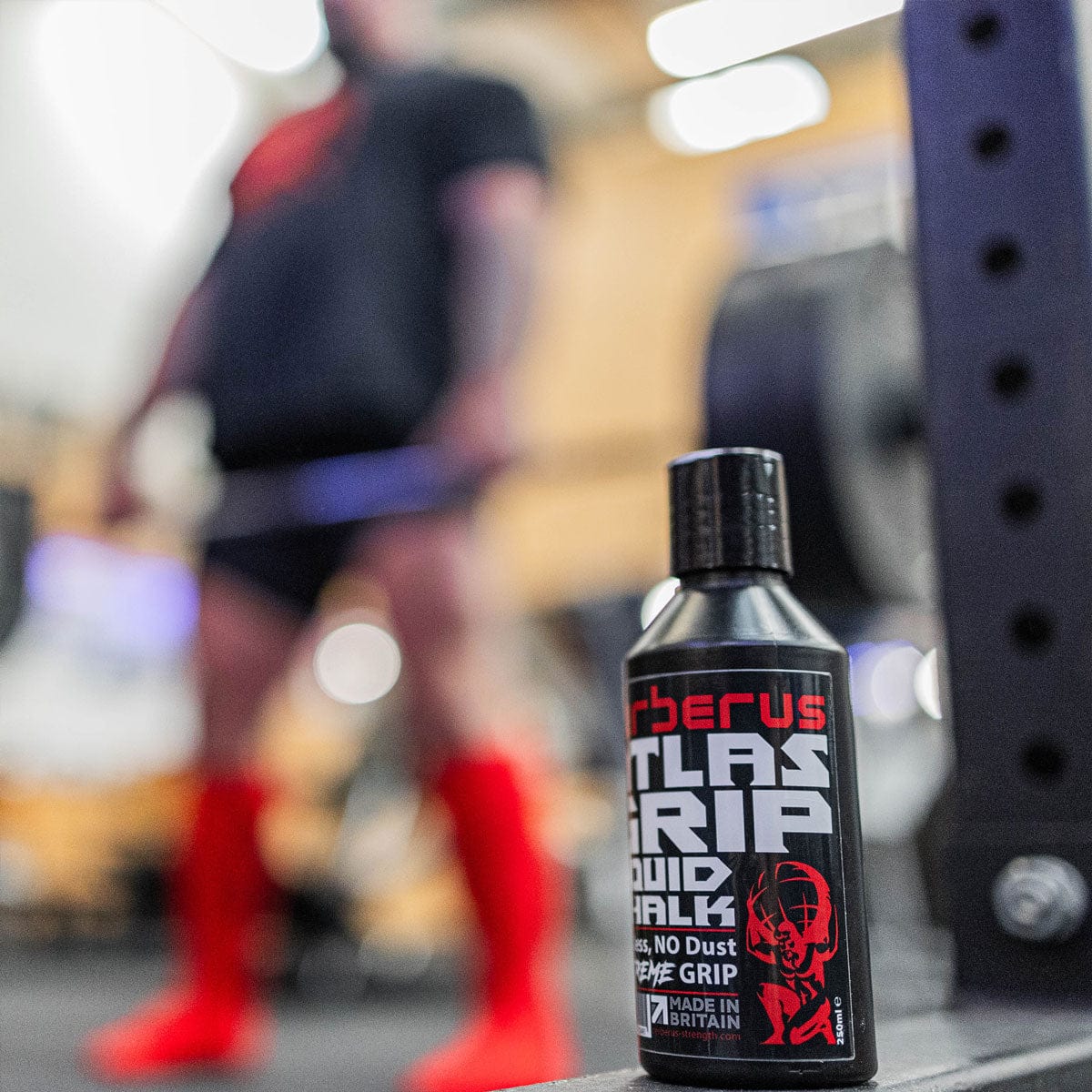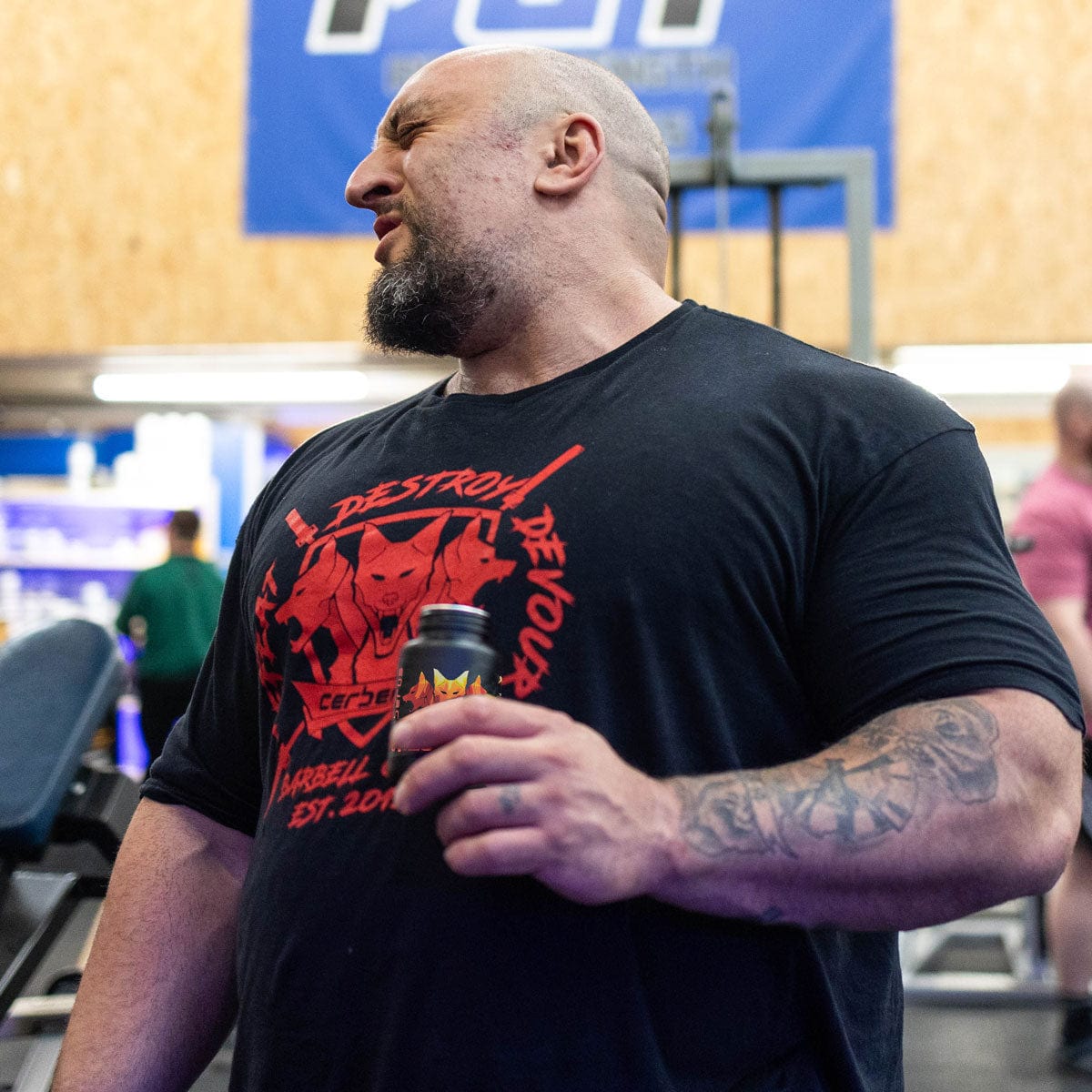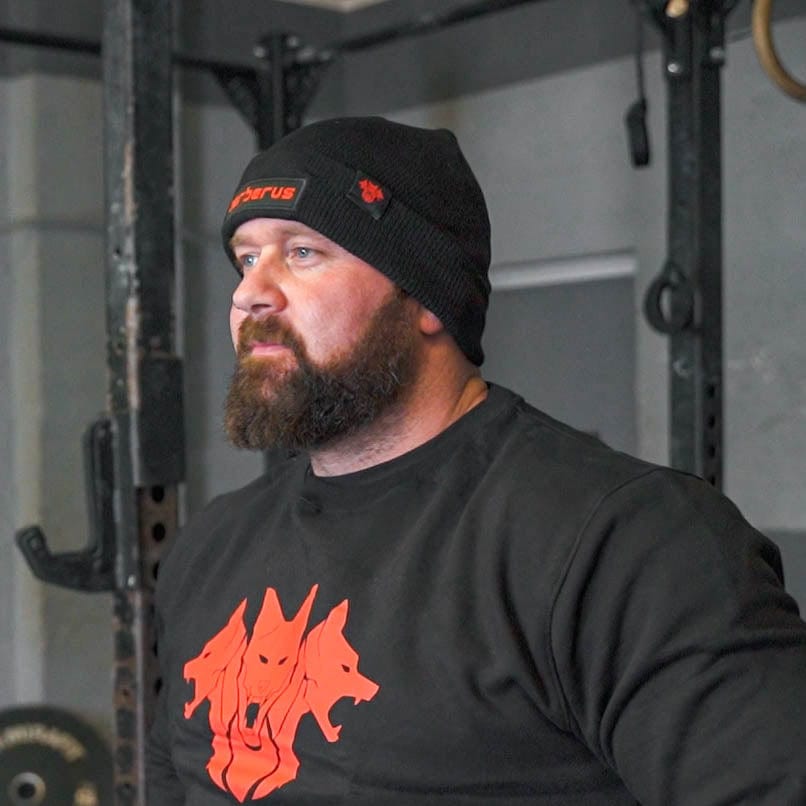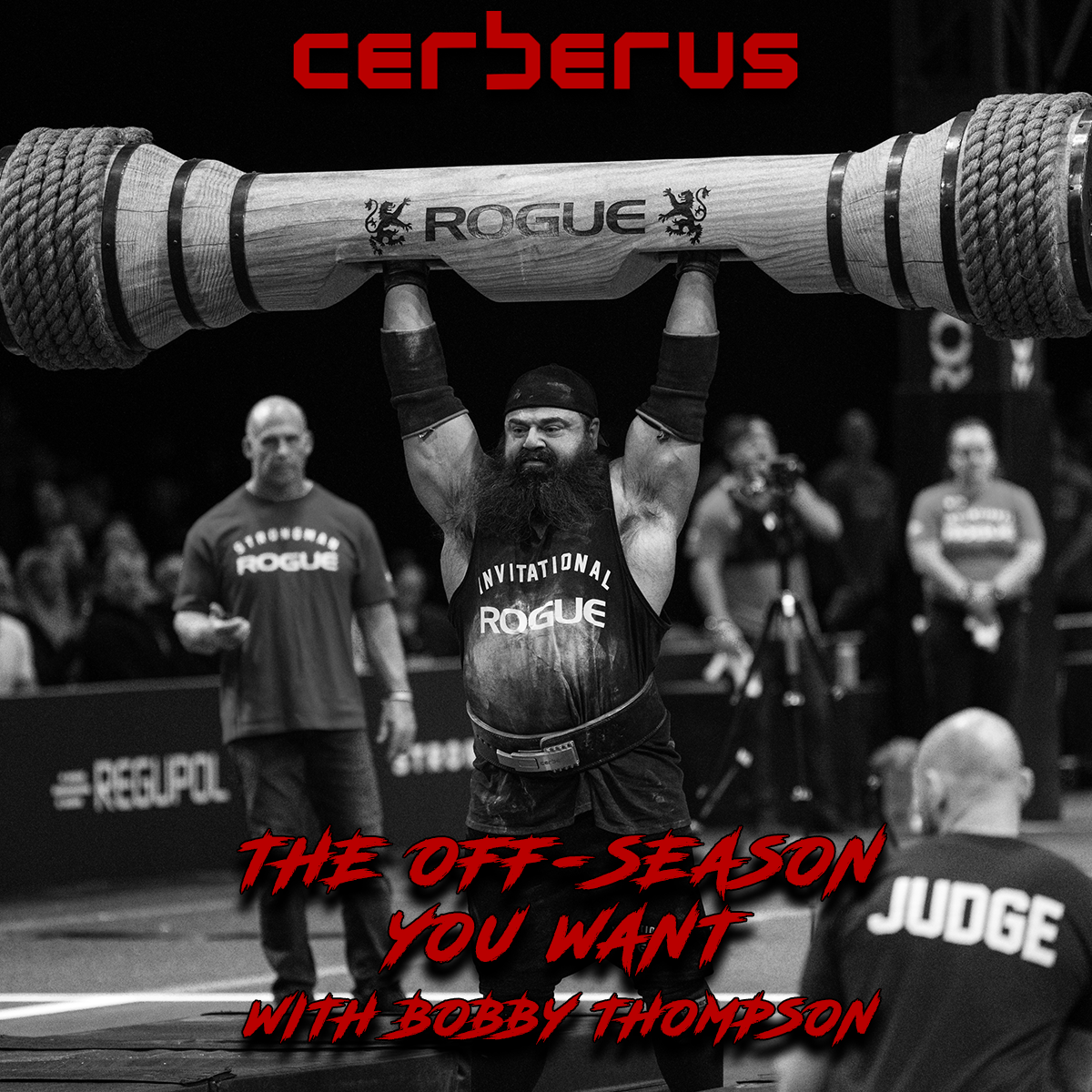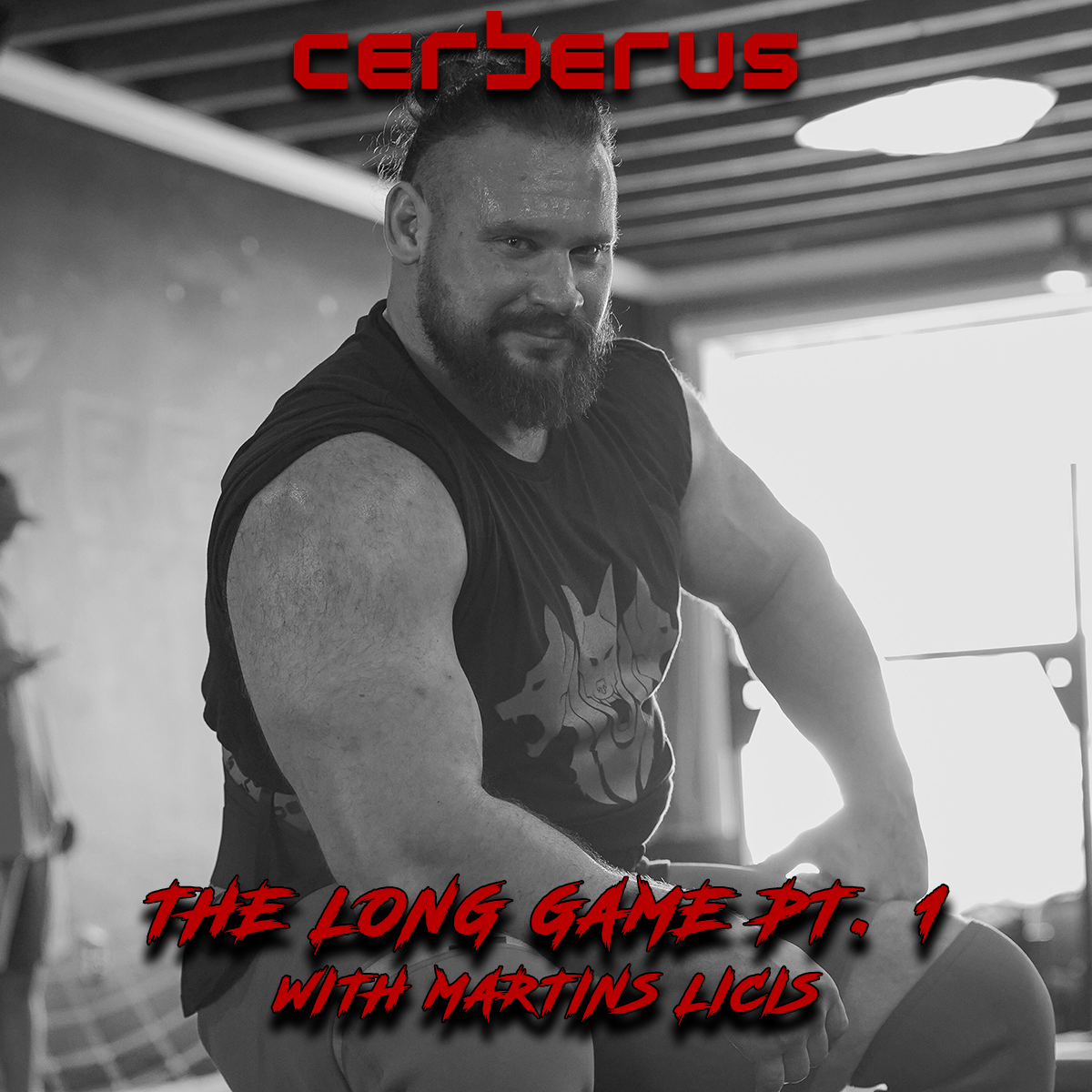First let’s define “bomb out”, taken from powerlifting the term traditionally means you failed to establish a successful attempt resulting in no core total for the meet. This term has made its way over to strongman, let's say for arguments sake it means your contest was a total failure not based on placing but instead based off of your performance compared to your prep and realistic expected result.
From years of being an athlete, to time as a personal trainer, to my time as a full-time pro athlete while coaching the same sport I compete in I've noticed 3 main types of people post failure. Most people drift towards one of the 3 listed negative archetypes Mr./Ms. Smiles, Mr./Ms. Self-Abuse, or Mr./Ms. Adopts A New Personality. This doesn’t mean people change their entire being based on one singular contest… well some do, but I don’t recommend being them either. Most people to tend to fall mostly into one of these categories but not entirely. So, before we answer the question of how do we handle a bomb out we need to decide “who you are”.
Mr/Ms Smiles:
The negative Archetype with a sunny disposition, most people are heavily disappointed after a loss and verbal outburst while frowned upon are some what expected. However, when a person begins to deflect responsibility very calmly and politely for a performance failure, we have a Mr./Ms. Smiles. This doesn’t apply if blindingly obvious situations such as equipment malfunction, weather, or truly unfair circumstances that only affected them have taken place. This Archetype will reply to people with something along the lines of well you know with 5 different lanes and hand timers “Insert Shrug” when first place beat them by 10 seconds, or they will force a huge amount of value on a very small issue that occurred hours before hand. Examples of this will be the warm up room, the temp of the venue, the lights…. They will do this with a smile on their face taking none of their own failures personally, they will blame either a uncontrollable or minuet variable never looking disappointed but instead very accepting of the outcome. This is, in my opinion, the hardest type of person to work with or help. It’s much easier to explain to a person they need to train longer, or try harder even when they are being far too hard on themselves vs being Mr/Ms. Smiles.
If you find yourself to be a Mr./Ms. Smiles then course correction is only needed if it is preventing desired progression, meaning if you are happy with what is most likely a lack of progression then do not be concerned. However, if you are not happy with a lack of progression then reforming how you, or maybe in some cases learning to, take responsibility at all will be key and take time. In my past I had at times been a Mr. Smiles, then a thought occurred what if I won by a margin that the hand timers didn’t matter? Or what if my opener won an event because I trained that event harder versus giving the judges 3 chances to make a mistake? Now sometimes these very thoughts are not realistic, this is ok. The point isn’t to be realistic, it’s to be ahead of your own trends. You won’t always deliver, but with this type of thought formulation chances are those losses will realistically be out of your hands, but that wont be how your brain processes it when its time to train again… No matter what, it was all your fault needs to be the show toon playing over and over in your head.
Mr./Ms. Self-Abuse:
This is the opposite end of the spectrum compared to Mr./Ms. Smiles. The Mr./Ms. Self-Abuse shouldn’t be categorized until training has begun post contest bomb out. Oddly enough these people can come off generally happy or very upset/ irritated, but they are usually split into 2 sub-groups based on if they care or do not care if other people are aware how they feel. Now as training starts if you are this person your first thought will be something along the lines of “I need to work harder “. The problem is there is large part of the strength sport population that either feels there is some kind of good turbo karma from hurting more, or they define a good training session by the amount of pain felt during or for days after. Don’t take me wrong “I need to work harder.” is a perfectly healthy thought, but how we act that out may not be healthy. A super strict training schedule that has so much extra volume your knees sound like a scream voice actor from a Saw movie has exited the realm of necessary a long time ago. Your desire to out train a poor contest doesn’t work if you are trying to out train the contest you already lost, nor should these actions cause long term damage to your family/significant other via skipped family functions or refusing to eat dinner with the family because you can’t be tempted to go off your diet. This hobby much less career can be very hard on those around you at a minimum. Don’t add to it.
The sub groups are split into physical “physical self- harm.“ as described above or “public/ private negative self-talk”. Negative self-talk in public can be seen as and often times is attention seeking, but there is a magnification of the feelings once people begin to display them in front of large groups of people, especially if they have something in common with that group. If this feeling the person is choosing to “magnify” by expressing it in front of a group of people is a negative one, I consider this in the realm of self-harm. Seeking further discomfort as a response to failure for the simple fact it hurts either alone or in a group setting (I see this more in men) is a definition that links both of these sub groups. Athletes who choose to self-isolate for this negative self-talk tend to become less and less social, they will either train harder in private while burning out on there own insults, or they may walk away all together still hearing the same internal monologue (not a good one) just in a new room.
Now, you have found yourself in this group, what’s the solution? This answer will be the same for all sub groups, you look forward. Failure was your punishment for your mistakes either on game day or during prep, whatever the ripples of that are they are enough of a lesson for you to learn from. Your parents don’t make you clean your room or compete any more (hopefully), so the repercussions of your failure are not yours to distribute in the name of punishment. So instead of causing yourself pain in the name of “progress” have a seat with this feeling, and while you are sitting maybe write the program or read the article that arms you with what you need to not have this issue ever occur again. It’s the difference between putting out a house fire with a fire hose or a bucket of gas, fires already started… don’t make it worse.
Mr./Ms Adopts A New Personality:
This can be the most personally damaging response to a bomb out you will come across. We can adopt many positive traits from exposure to contest or competition. But we also can and usually will see to some degree negative traits developed as well. By negative I don’t mean much in terms of training habits, but just in regard to your personality and personal life. Examples being if they totally alter their social circle down to a single person and a water jug after a loss, or if they go from Jeff who does strongman to Vikingbloodwarrior36 who will carry the boats overnight. The extreme and layered changes that suddenly occur after a negative or disappointing outcome are hardly ever a good or sustainable change, these changes can also be seen in a person’s diet. We started training (whatever training is to you, strongman, powerlifting, body building etc) to make us better. Now generally no one goes to train to develop personal habits, but over time we see these develop anyways. The person that started the journey is the human who decided they needed to complete the journey making that version of you the most important one. You will change over time especially when doing something or things that require you to be a better or more efficient person, you can’t help this. But these changes are naturally engrained in a person as a byproduct of success. Success, was you making yourself not start but keep going as you see yourself getting stronger each week. Well, if this is the case then why would I change my personality because of a negative experience at a contest when I have done so much work to be the person who showed up? People do this because most people will allow their emotions to define their worth based on their most recent performance instead of looking at the growth that occurred over the prep. It’s very difficult to string together a series of training sessions peaking you to be your strongest or close to it for a single day out of an 8–10-week prep. But does missing that narrow mark mean all progress up to that day worthless? No, it doesn’t unless you are making your living from this activity. It takes years to get “Good” at strongman, most athletes will spend more time being stronger or faster than they will spend time being “Good”. So, using the moments that will take up the least of your time that you give to this journey is a huge mistake for 99% of the people who will touch a barbell.
If you find yourself in this group, you are most likely impatient and or new to true failure. These 2 traits generally show up in the same person. You must allow these bomb outs or failures to test you, the you that failed. Losing is easy, being the same guy or gal after the loss is the hard part. And I can see why wanting to be the same person who just failed maybe hard to understand. But good, positive, or progressive changes, name them as you will, take time and need to develop one step at a time after the failure has occurred, one step at a time as the same person who failed, constantly building on YOU, not a new personality.

